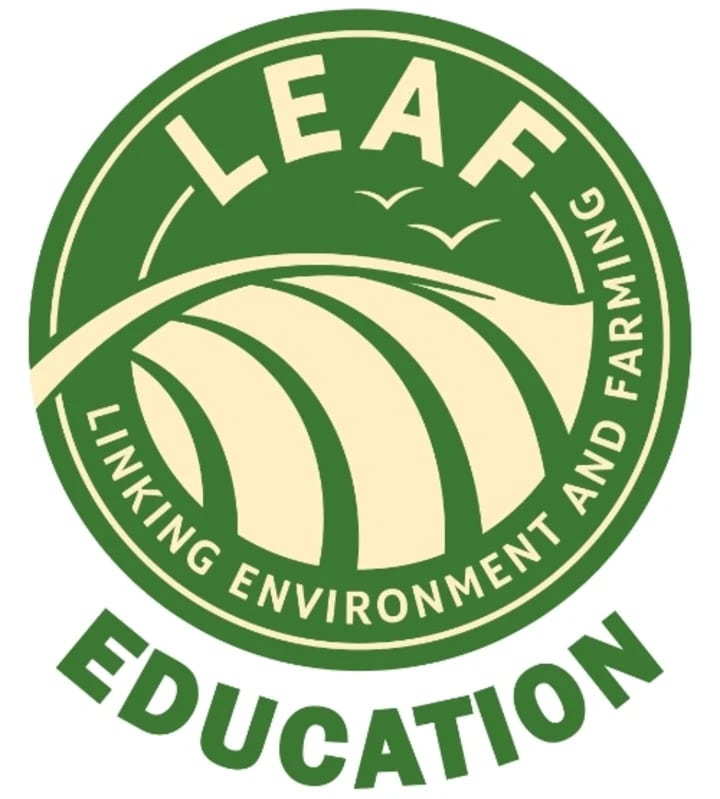Two Countryside Classroom partners, Farming & Countryside Education and the Royal Academy of Culinary Arts Chefs Adopt a School Trust bring 'farm to fork' alive in the Chef on the Farm project.
“Farm to fork” is so often quoted that Farming & Countryside Education (FACE) and the Royal Academy of Culinary Arts Chefs Adopt a School Trust (RACA Chefs Adopt a School Trust) decided to come up with a new way to bring this to life. FACE had access to farmers and RACA Chefs Adopt a School Trust had access to chefs so we chose to bring the two together. Even better, we decided to do it on a farm!
So was born the Chef on the Farm programme. It is a simple scheme with wide ranging aims:
To promote cooking from fresh farm ingredients To make the link in children’s minds between good food and the farms where it is grown and reared To introduce healthy food to children in a way they can understand To teach basic food preparation skills using fresh ingredients To see how farmers care for the environment alongside producing food To work with professionals to ensure a top quality learning experienceThe programme is straightforward but requires thorough planning and preparation. FACE ensures that any farm approached has facilities to accommodate a class of Key Stage 2 children and an area suitable for hygienic food preparation. The farmer must be a good communicator and passionate to share his/her expertise. The farms chosen represent a range of food production to include meat, vegetables fruit and dairy. The farm must also demonstrate care for the environment, encouraging biodiversity.
RACA Chefs Adopt a School Trust supply a professional chef who has been trained to work in a classroom situation. The chef brings along all the equipment necessary for food preparation and cooking and adapts the menu according to the key ingredients supplied by the farm and the facilities available.
During the session the children break into two groups and each has the opportunity for a farm tour accompanied by the farmer and a member of the FACE team with the chance to ask lots of questions. The groups swap places after an hour and work with the chef in preparing the meal. One group might be involved in the main course and the second with the dessert. Careful instruction is provided in knife skills and other techniques used during food preparation with particular emphasis on hand washing.
At lunchtime an important part of the day is the sitting down together to share the food they have helped to prepare. Everyone is encouraged to sample the food which may be a dish they have not tried before!
The afternoon allows time for further work on the farm which may involve exploring the biodiversity and taking part in environmental work.
Feedback is extremely positive. “The fact that some hadn’t been on a farm before and didn’t even know the names of some of the vegetables we cooked with says a lot about their experience on the day.”
“In the classroom we are always trying to link learning to real life and this did it for us.”
The scheme has been a resounding success and embodies the Countryside Classroom principle of collaborative working.















